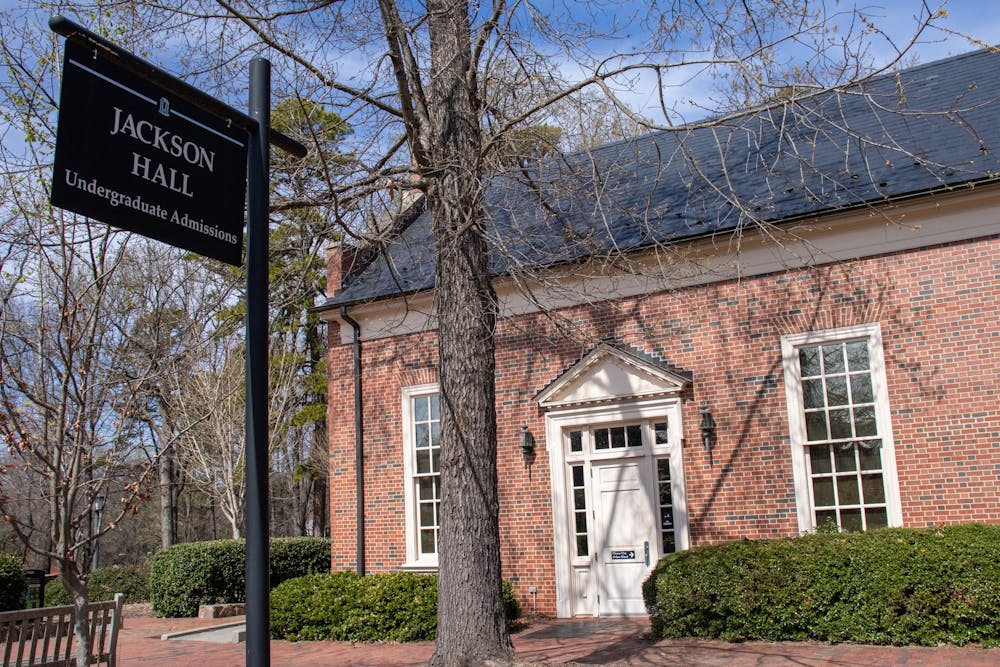“There has been an update to your application."
The fateful words we all received — colleges announcing that they had completed their review of our application to determine if we were worthy of acceptance. For us at UNC, we experienced the rush of joy when we read through our congratulatory acceptance.
However, many of us were also deferred or rejected by other universities. Even those who did not receive any rejections can sympathize with the stress and anxiety the college application process brings.
Yet, for some of our nation's wealthy elite, this stress is minimized when they cheat the college application system.
An FBI investigation found that wealthy parents paid hundreds of thousands of dollars for their children to be admitted to the nation's elite institutions. The mastermind behind the scheme, Rick Singer, was paid $25 million between 2011 and 2019 to bribe coaches and university administrators to designate their children as recruited athletes, which effectively ensured their admission.
Other parents paid between $15,000 and $75,000 to Singer’s company so their children could be assisted on standardized testing in one of three ways: someone else would take the SAT or ACT exams for the student, a person would serve as the proctor and guide the students to the right answers or someone would review and correct the students’ answers after the tests were taken.
This assistance would ensure top scores for students, allowing them to compete for admission into highly competitive schools.
The racketeering conspiracy case includes the parents of applicants; ACT and SAT administrators; a test proctor; and coaches at universities including Yale, Stanford, Georgetown, University of Southern California, the University of California at Los Angeles and the University of Texas at Austin.
In total, 33 parents were charged in the case. Among those charged were CEOs of private and public companies, successful real estate developers and two well-known actors, Felicity Huffman and Lori Loughlin. The leading prosecutor, U.S. Attorney Andrew Lelling, said at a press conference: "These parents are a catalog of wealth and privilege".



